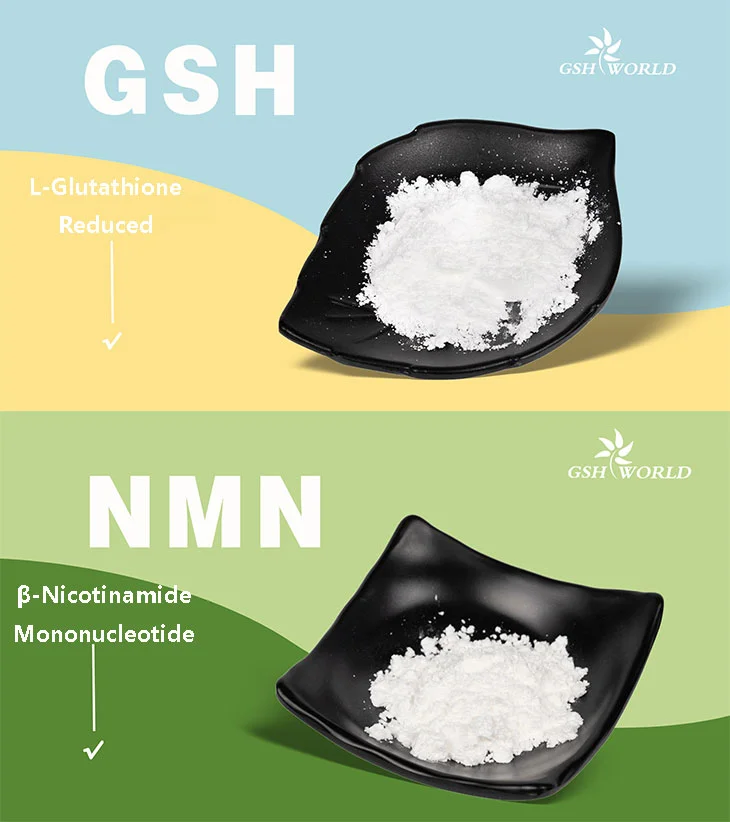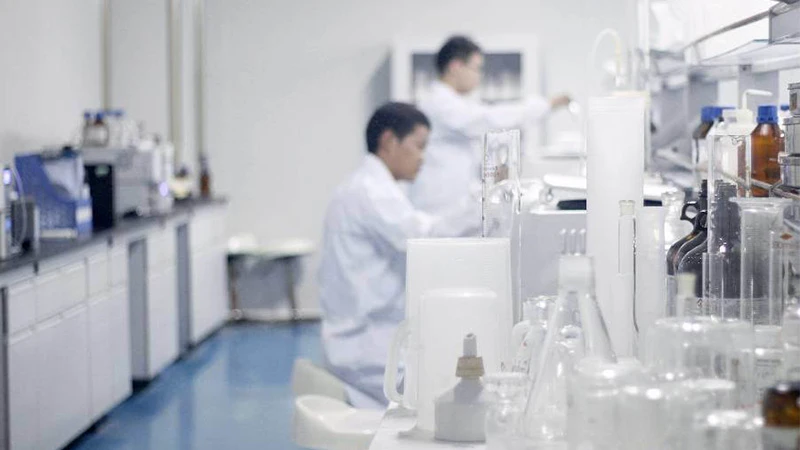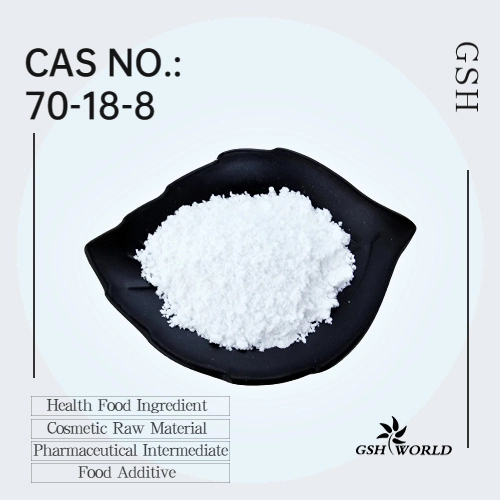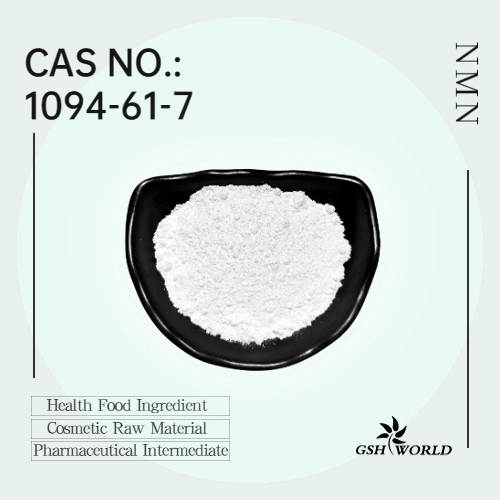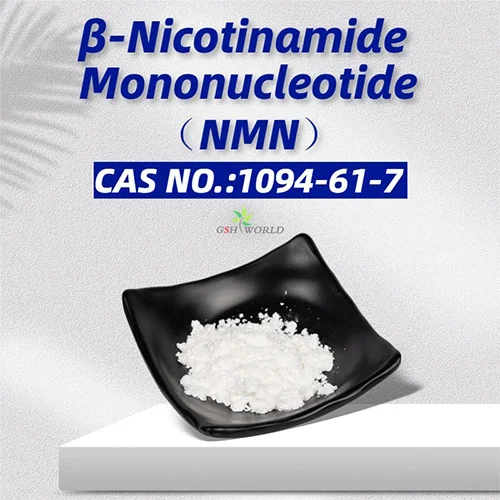The role and scope of application of adenosine triphosphate (ATP)
Adenosine triphosphate, abbreviated as ATP, is a substance that plays a key role in all living things. It is one of the primary energy sources of the body, produced in the cells biochemical processes. ATP is a source of energy for metabolic processes in cells, such as carbohydrates and protein breakdown, synthesis, and transportation in the form of electrical signals. It also has many other important roles including motor neuron signaling, regulation of smooth muscle contraction, and production of enzymes that catalyze metabolic pathways.
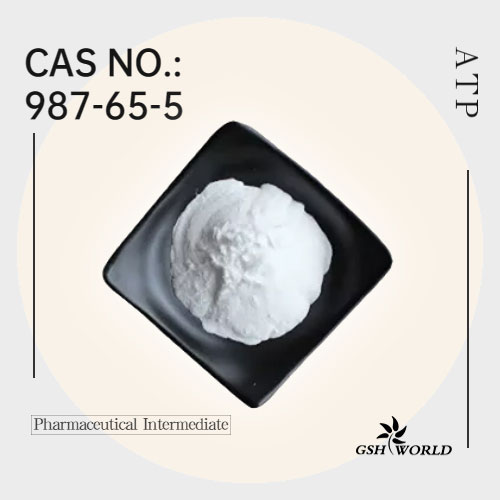
ATP is important because its functioning provides us with the energy necessary for activities. It is the main energy source used by the body during physical activities, such as running, jumping, and lifting weights. In the metabolic pathways, ATP is broken down into adenosine diphosphate (ADP) and phosphate, releasing the energy which is then used for the biochemical reactions of the cell. It is a very important component of most cellular energy production processes, and is also an important component of high-energy molecules like DNA and RNA.
ATP also has many other functions. It is important in regulating the pH of cells, controlling DNA replication and gene expression, contributing to the generation of electrical signals in the cells electric organelle, serving as a source of electrons for photosynthesis, and participating in the osmotic regulation of cells, among others. It is also involved in the production of proteins, fatty acids, and other cellular components.
ATP plays a major role in the body's energy economy, as it is both a source of energy and a means of storing energy. By providing energy for biochemical processes, it is essential for the functioning of cells and life itself. It is also a molecule used for energy storage and can be quickly activated and then reconverted into energy as needed.
ATP is also necessary for the proper functioning of muscles; when ATP is available in the muscle cells, it fuels muscle contractions. Without ATP, muscle contractions cannot occur. ATP is also involved in signal transduction, inflammation, and immune response.
In conclusion, ATP has many important functions, most of which are related to providing energy for the body's cells, tissues, and organs. By participating in biochemical processes and energy metabolism, ATP helps keep the body functioning properly and help maintain health. ATP is also important for organ, tissue, and cellular function, as well as signal transduction, inflammation, and immune response.
*Special note - This article is for informational purposes only and cannot replace a doctor's treatment diagnosis and advice. It should not be regarded as a recommendation or proof of efficacy of the medical products involved. If it involves disease diagnosis, treatment, and rehabilitation, please be sure to go to a professional medical institution to seek professional advice.
by GSHWORLD
GSHWORLD is China Biological API Manufacturer. China Adenosine Triphosphate Supplements powder suppliers & best Adenosine Triphosphate benefits raw material Factory.


